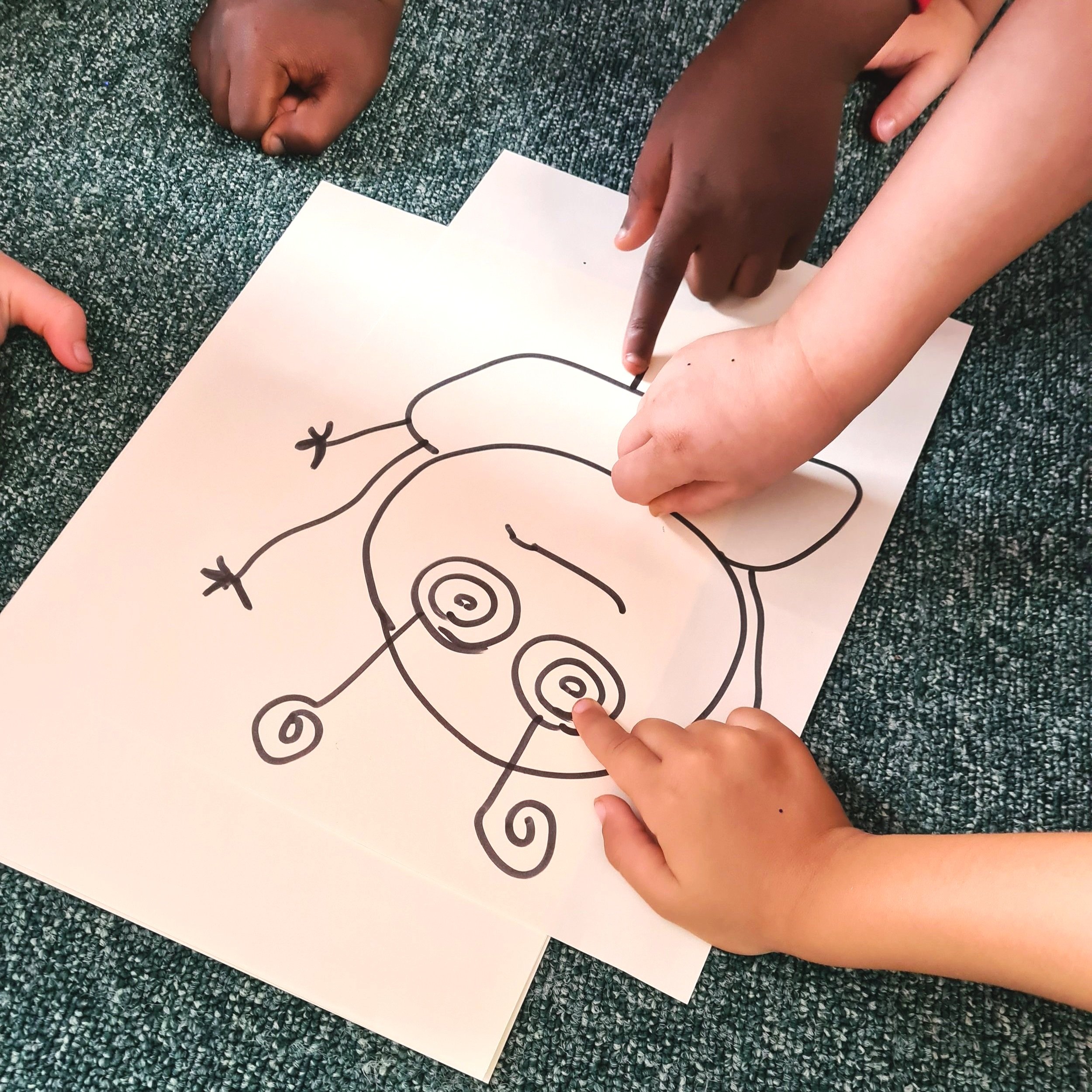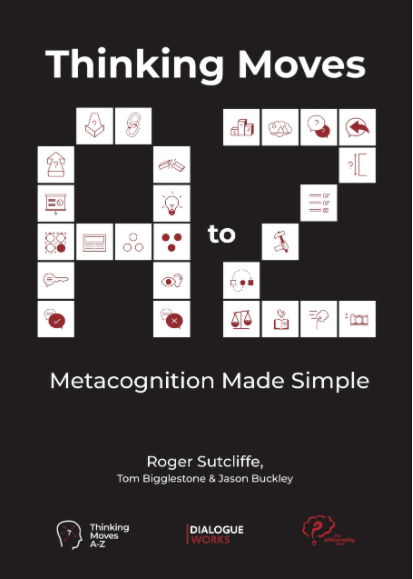Asking Why? is a critical step in getting students to explain their thinking and give reasons for their thoughts and opinions.
Initially you will need to do it a lot.
However, after a period of time, something magical starts to happen. Your pupils realise you are interested in their reasoning, and they begin to voluntarily offer explanations.

The three stages of Why?
When I observe talk in schools there are usually three stages:
Student responses are very short, often one word only. Teachers don’t ask for reasons; I don’t hear Why?
Teachers ask Why? a lot. Their lessons are peppered with Why?, and similar phrases: Why do you you think that? Tell us your reason. Please can you explain that a bit more. Students start to talk more, prompted by their teachers.
Students offer explanations without being prompted. They know they are expected to give reasons, and they consistently explain. The word because is part of their everyday vocabulary.
Which stage are you at?
An opportunity to take your teaching to the next level
An oracy game, a mental workout, and an opportunity to practise respectful challenge
Encouraging pupils to think more deeply in reflection and talk time
A resource to get pupils thinking and talking about whether living things have rights
An example of using a small-but-curious event to get pupils talking and thinking
Get students thinking and talking with a game that only takes moments to set up.
If you’re not yet doing P4C – this video will convince you. If you are, it will convince you to do more.
This resource brings together phrases and tips to help parents and carers develop dialogue with their children at home.
A simple way to help learners structure their talk, thinking and note-taking.
By naming 26 ways of thinking in a simple alphabetical structure, the new Thinking Moves A-Z provides a language for teachers and students to reflect on their own cognitive processes - enhancing thinking and deepening learning.
The game ‘Odd One Out’ is a great way to begin lessons on specific themes or topics - you can quickly create a resource box that will last for the duration of the topic.
An example of raising engagement in learning using the power of open questions.
A great way to start the day in Early Years - developing early language and reasoning as well as engaging families in their child’s learning.





























